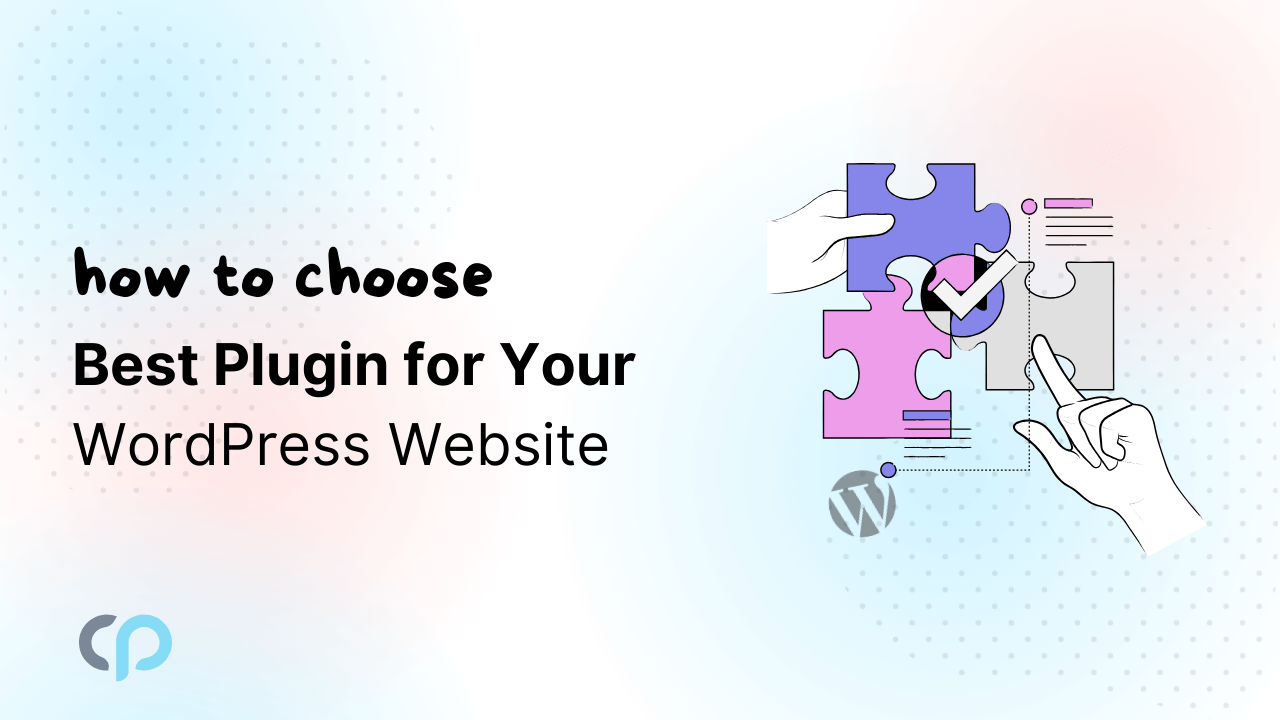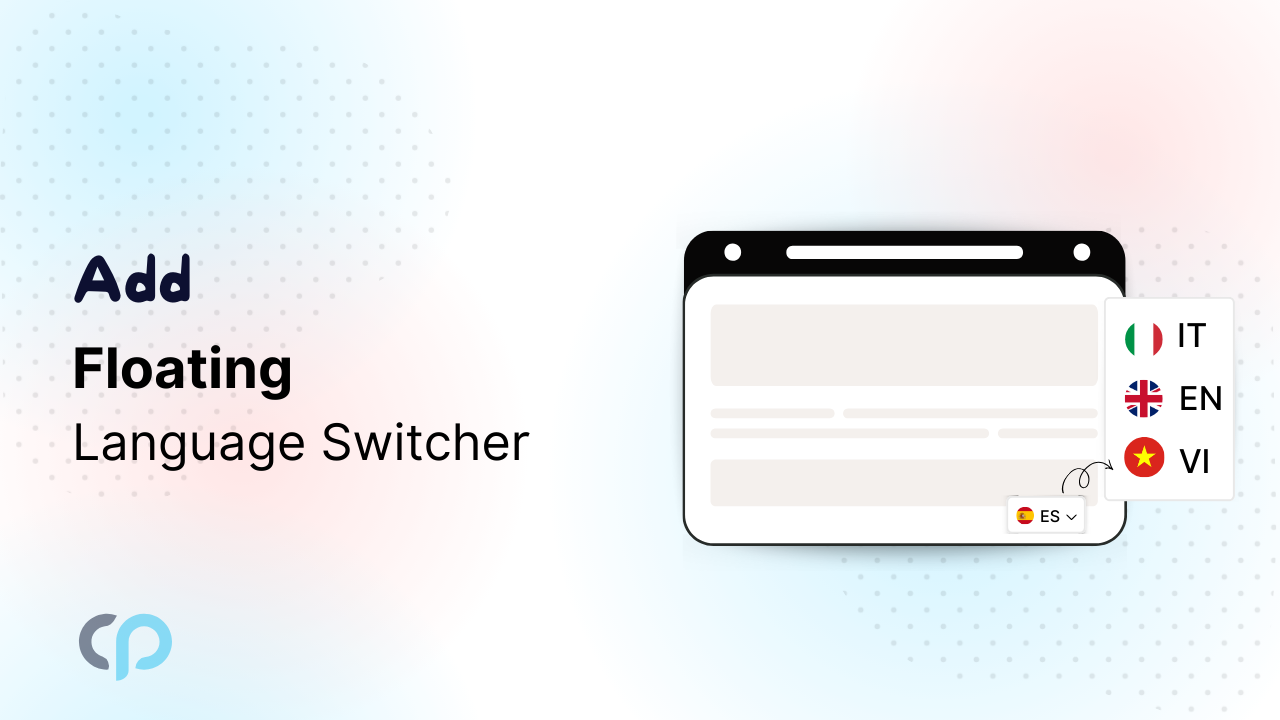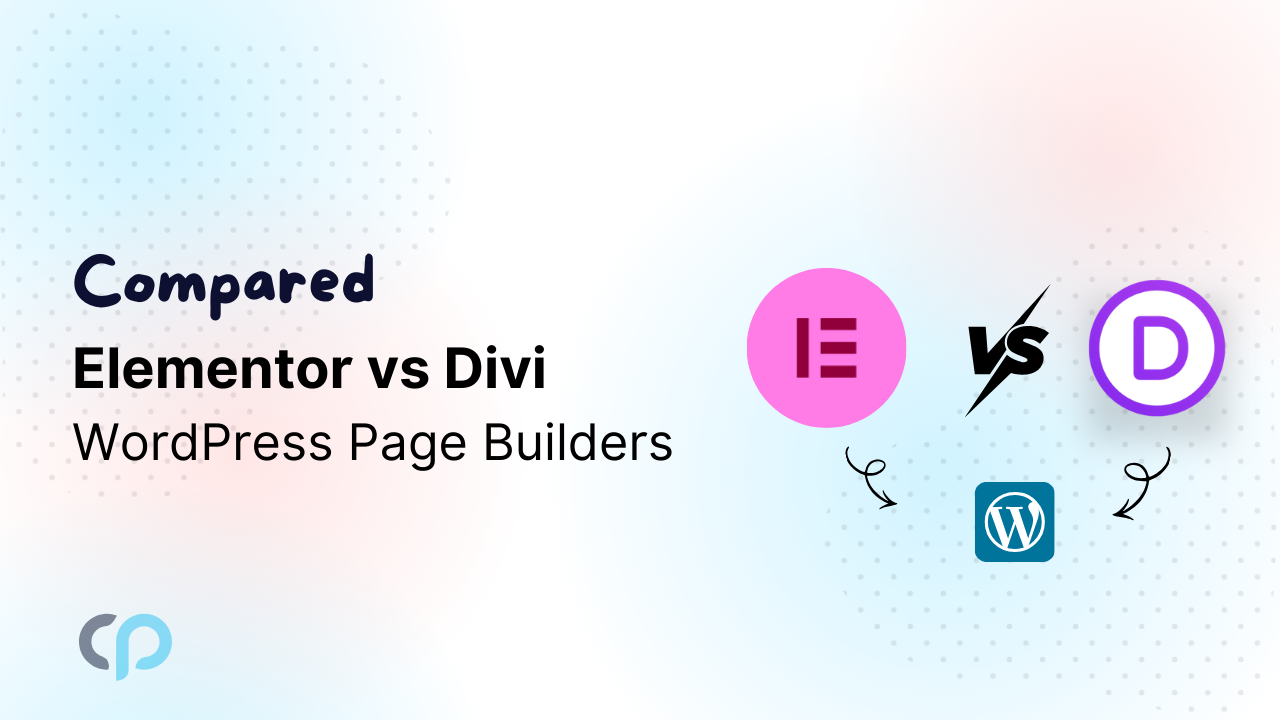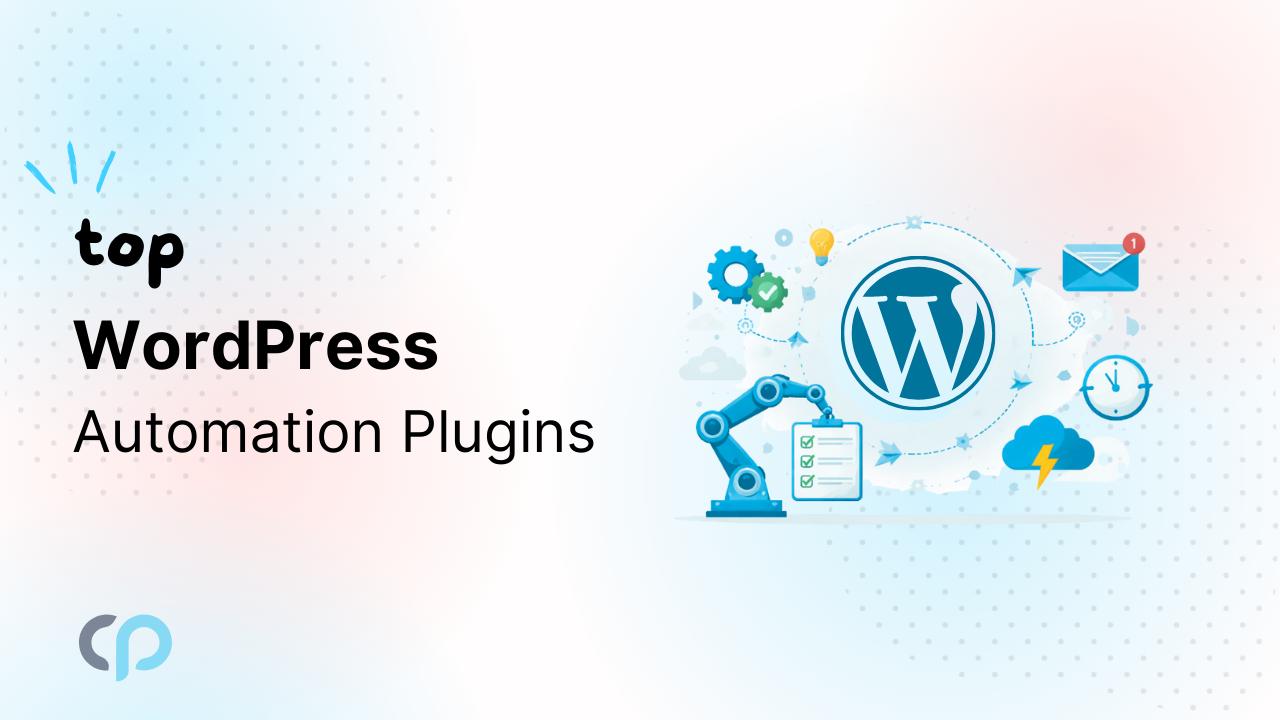Don’t have any web development skills? But if you want to improve the functionality of your website then you can easily make your site impressive by installing WordPress plugins without writing even a single line of code.
Plugins are like apps for your WordPress site, adding functionality and features, helping you create a powerful and user-friendly site. With over 59,000 plugins available in the official directory, finding the right one for your needs is not always easy.
Why Use WordPress Plugins?
Plugins are an integral part of WordPress websites, offering numerous advantages and improving overall functionality.
Here are the main reasons why you should use plugins for your WordPress site:
- Advanced Functionality
Plugins enhance the capabilities of WordPress by providing additional features and tools. Whether you need a story presenting plugin like Timeline block, an eCommerce platform like WooCommerce, or better SEO, there is likely a plugin available to meet your specific needs.
- Adapt to Future Needs
As your website grows and evolves, your needs may change. Plugins offer the flexibility to meet these future requirements. If you need new features or functionalities that will cater to future needs also, you can simply install the appropriate plugin. This ensures that your website remains up-to-date and adaptable to changing demands.
- Integration with Other Platforms
Plugins enable seamless integration with other tools and platforms. For example, social media plugins like Smash Ballon can connect your site with Facebook, Twitter, or Instagram. This integration extends your website’s reach,making content sharing easier and boosting audience engagement.
Factors to Consider When Choosing a WordPress Plugin
Selecting the wrong plugin can expose important information related to the website. To choose the best plugin, first, focus on the technical aspects. Once those are met, consider the non-technical aspects.
Here’s what our team looks at before installing a plugin:
1. Evaluate Your Needs
Before searching for a plugin, be clear about what you need. Are you looking to improve SEO, enhance security, add a contact form, or integrate social media? Knowing your requirements will narrow down your options and make the selection process easier.
2. Research and Reviews
Read plugin descriptions thoroughly to understand their features and functionality. Make sure that the plugin aligns with your requirements and don’t forget to check if it’s frequently updated or not. For Example, if the plugin was updated a year ago then it indicates that the author has given up on that.
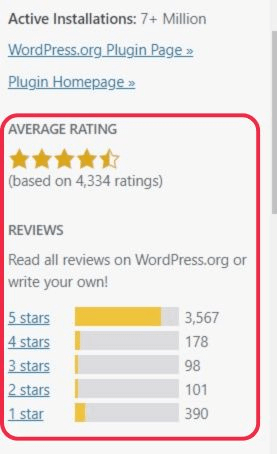
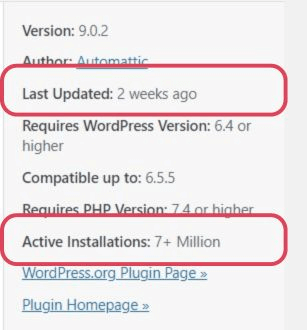
Look at the ratings and read reviews. Additionally, check active installations of the plugin. While not directly related to the technical aspects of the plugin, the number of active installations shows how many people use the plugin. High ratings, active installations, and positive reviews generally indicate a reliable and effective plugin.
3. Check Compatibility
Ensure the plugin is compatible with your current WordPress version. Compatibility issues can lead to website malfunctions. Check if the plugin works well with your existing theme and other installed plugins. Outdated plugins can raise security risks and may not work correctly with the latest version of WordPress. Look for WordPress plugins that provide compatibility and update history information.
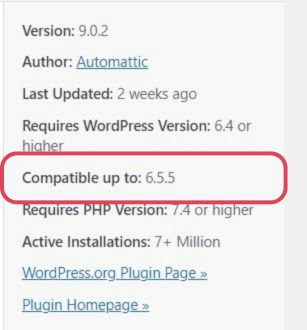
4. Evaluate Support and Documentation
Good documentation indicates a well-maintained plugin. It helps you understand how to install, configure, and troubleshoot the plugin. Reliable plugins usually come with developer support. Check support forums to see how quickly and effectively developers respond to queries.
5. Assess Performance Impact
Before installing a plugin, read the reviews and ratings from other users to get insights potential performance issues or bugs. Look for comments specifically mentioning site speed or performance impacts. Some plugins can slow down your website.
Use tools like GTmetrix, Pingdom, or Google PageSpeed Insights to analyze your website’s performance before and after installing a plugin.
6. Free vs. Premium Plugins
Many high-quality free WordPress plugins are available in the WordPress repository which can be a good starting point if you don’t have a budget to get a premium one.
Paid plugins often offer more features, regular updates, and better support. Consider investing in a premium plugin rather than installing a free plugin if it adds significant value to your website. There are always two options to get premium plugins that are paying monthly or annually, if unsure, start with a monthly plan to test the plugin before committing long-term.
7. Test Before Finalizing
We recommend you to test the plugin on a staging site before installing it on your live website. This allows you to see how it functions without affecting your live site. Always take a full backup of your website before installing a new plugin to ensure you can restore your site if something goes wrong.
8. Seek Recommendations
Follow WordPress blogs, chat groups, and social boards. Experts often share recommendations and reviews of WordPress plugins. Ask fellow website owners or developers about the factors that they consider while installing plugins.
Conclusion
Choosing the best WordPress plugin requires careful consideration and research. By defining your needs, checking compatibility, evaluating support and documentation, assessing performance impact, and testing before finalizing, you can find the right plugin to enhance your website’s functionality and performance.
Remember, the right plugin can make a significant difference, so take your time to choose wisely.

